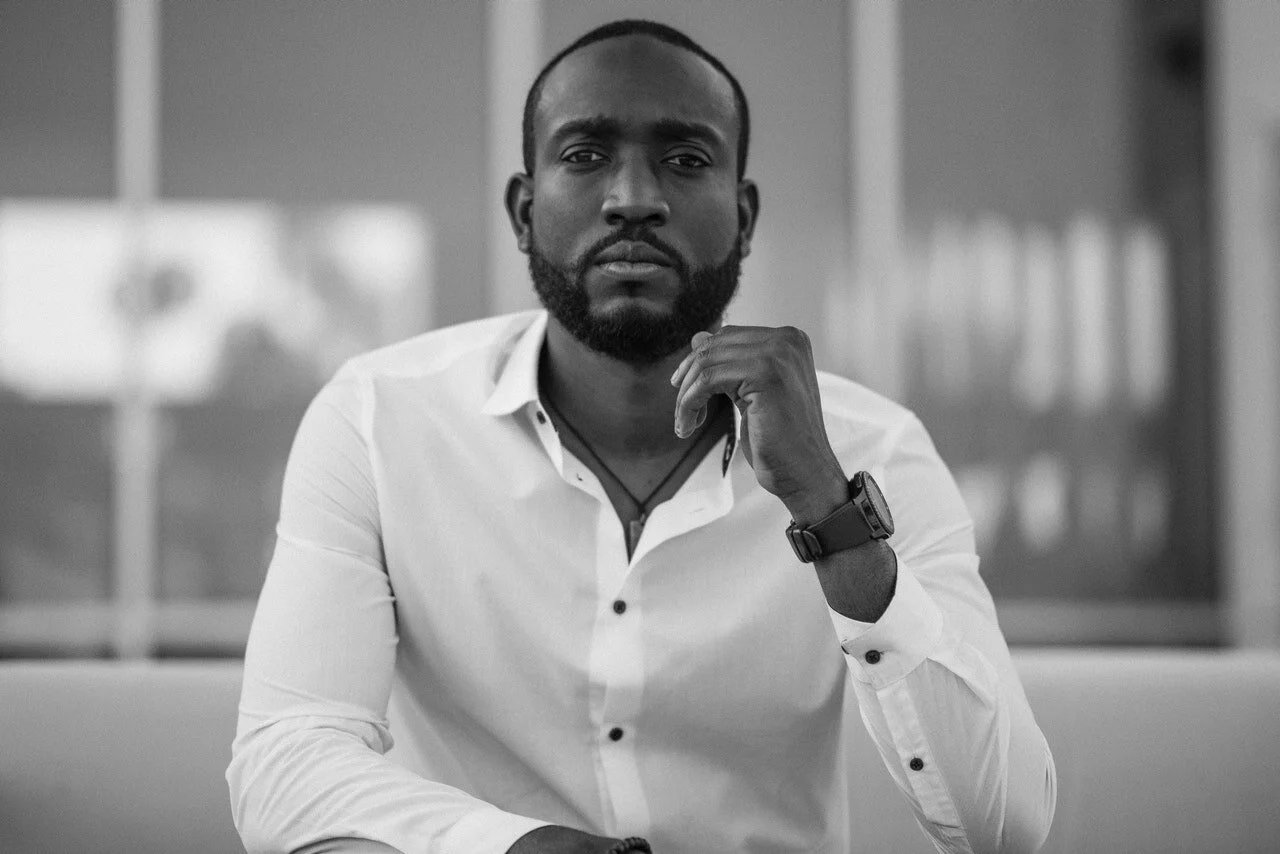“Don’t boast, it’s not the right thing to do.”
These are the words I often heard from my late mother during my childhood whenever she thought I was feeling myself just a little too much. The irony of her instruction was the fact that she, objectively, had a lot that she could boast about without anyone giving her the side-eye. My mother was the first woman to serve as the Director-General of the Ghana Broadcasting Corporation. She was also the first woman chosen to run as a Vice Presidential candidate in Ghana’s political history.
Despite being a woman of many firsts, she was incredibly humble both by nature and by nurture of the collectivist and humility-led Ghanaian cultural context she grew up in. You would never catch her bragging and she taught me accordingly. To this day I feel awkward in the face of praise and uncomfortable when discussing my own achievements.
Does this feel/sound familiar to you?














